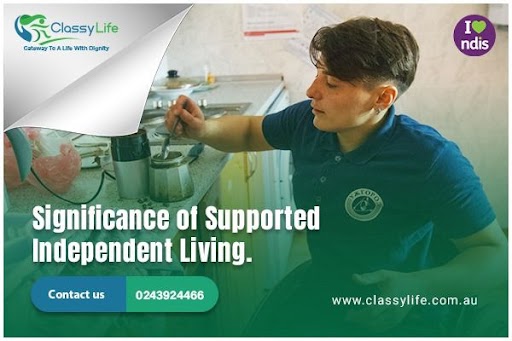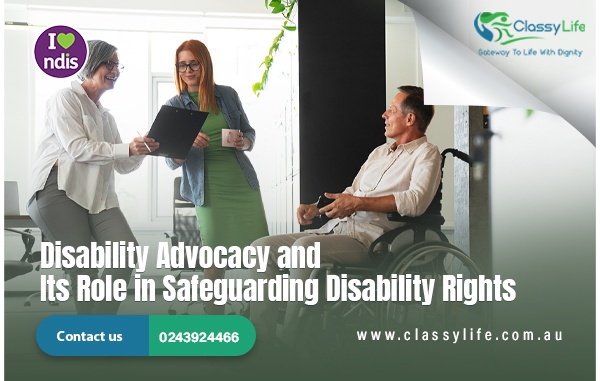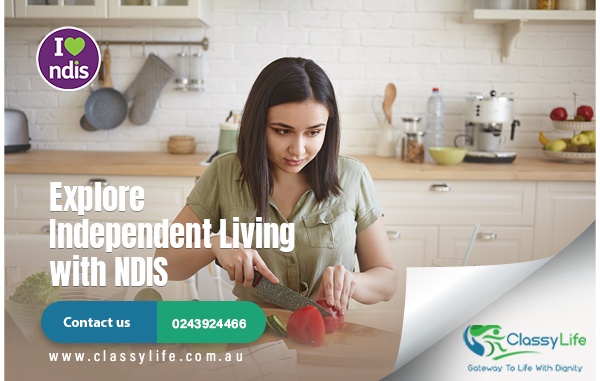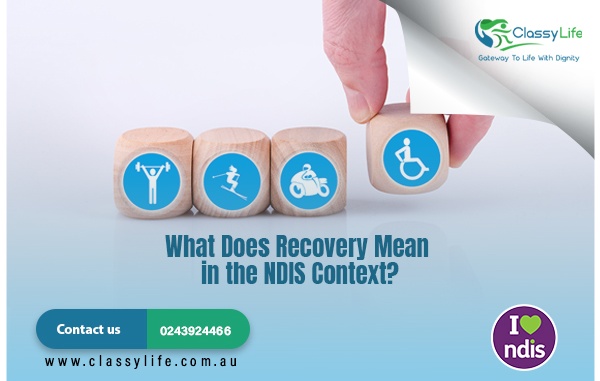Living independently is an important milestone for any individual in society. When it
comes to people with disabilities, they may need some extra support to live on their own and manage everyday life.


Living independently is an important milestone for any individual in society. When it
comes to people with disabilities, they may need some extra support to live on their own and manage everyday life.

Community engagement is necessary for a healthy life however, individuals with disabilities may find opportunities for social and economic participation in society few and far between.

Disability advocacy plays a vital role in ensuring that the rights of people with disabilities are protected. It involves doing something, saying something, or writing something to advance, defend, and uphold the human rights of those with disabilities.

Disability support systems like the NDIS are essential in building an inclusive society. Through the National Disability Insurance Scheme (NDIS), the Australian government provides funding directly to eligible individuals with disabilities which paves the way for them to lead an independent life.

NDIS Supported Independent Living (SIL) is a support package designed to facilitate independent and empowered living for NDIS participants.

The first and foremost fact we need to understand is that recovery is a unique and personal
experience, which means, it can be defined better by the individual experiencing it. In the NDIS
context, personal recovery is different from clinical recovery and health outcomes.

Positive Behaviour Support is an evidence-based behaviour management method that
helps people struggling with challenging behaviours. This support will help them to have fewer
behaviours of concern and assist them in managing their emotions better.

The National Disability Insurance Scheme (NDIS) provides funded supports to
eligible people with disabilities so that they can improve their functional capacity and achieve
their goals in life.

People with disabilities can benefit positively from active community participation.
Increased participation in the community whether it is social or recreational will help them to
build confidence and to become more independent.

Taking a break from the normal routine can benefit people with disabilities in more
ways than they can imagine. Not only will it give them the opportunity to try new things but a
short stay away from home can help them socialize more, develop new hobbies and learn new
skills.